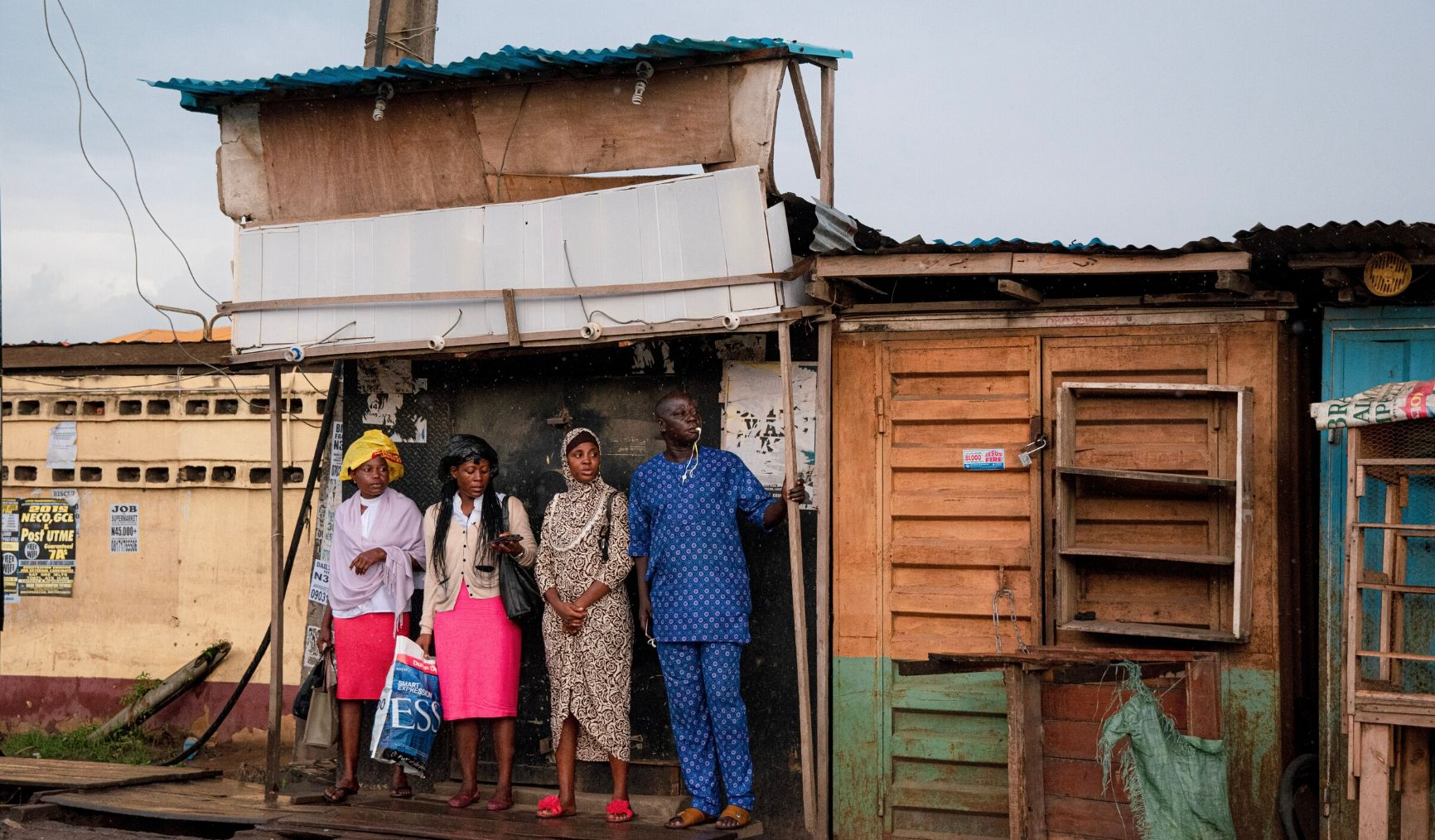Top labour articles on Stears Business
We've compiled this list in commemoration of Workers’ Day, also known as Labour Day.
The first day in May is more than a global holiday. It celebrates the achievements of workers. There is a lot to thank workers for, including the fact that they are the backbone of the global economy. It is also a day to highlight a lot that needs to change regarding employment such as conditions and overworking.
One of the Labour Day movements is for workers to have eight hour days of work, eight hours for recreation and eight hours for rest.
While these issues exist in Nigeria, one of the major problems facing the country is not enough workers. The latest figures put our unemployment rate at 33%, meaning that one in three people looking for jobs can’t find one.
There’s a lot to unpack as to why. So we have selected ten articles on employment to help us dissect Nigeria’s labour market.
1. Unemployment in 2020: The mystery behind Nigeria’s missing 10 million

This first article is an in-depth look into Nigeria’s unemployment numbers and the mystery of the missing 10 million. In this story, we uncovered why recent data contradicts every piece of advice most adults give to youths thinking of careers outside the traditional education path.
Read the full article here: Unemployment in 2020: The mystery behind Nigeria’s missing 10 million
2. Nigeria needs a living wage, not a minimum wage

A major problem in Nigeria’s labour market is not just the availability of jobs, but the wages that are also paid. With the rising cost of living and high inflation, advocating for an increase in the minimum wage is a step in the right direction, but is it enough?
In this story, we unpack, why more than a minimum wage, Nigeria needs a living wage
Read the full article here: Nigeria needs a living wage, not a minimum wage
3. Earning Peanuts in Nigeria

Low wages, long hours. Hard-working, yet earns half as much. In this story, we provide a nuanced and balanced case on the issue of low productivity and little wage for workers in Nigeria. We also drew inspiration from the event in 2014 where over 125,000 people tried to apply for 4500 immigration jobs.
Read the full article here: Earning Peanuts in Nigeria
4. Should Nigerians Pay Their Wives?

This story is an important take into how much we value housework. We pay people when they create value in nearly every part of society, why don't mothers (or fathers) receive the same treatment for the value they create at home? Not paying women for housework is a social norm. However, in Nigeria especially, paying a cook or maid to undertake these same chores is a natural labour market transaction. This article answers the question: why do we find it easy to pay other people to do our household tasks but not our wives?
Read the full article here: Should Nigerians Pay Their Wives?
5. Street hawking in Lagos: A new approach

In the absence of sufficient job opportunities, necessity has driven the unemployed to devise alternative means of making ends meet. In this story, we explore how a trader earns 30 times the minimum wage from a criminalised job, as well as, how the Federal Government explicitly offers assistance to these traders and the State Government doing the opposite.
Read the full article here: Street hawking in Lagos: A new approach
6. Blindspot: How universities create unemployable graduates

40% of Nigerians with Bachelor's Degrees don't have jobs. If you are a graduate in Nigeria, the odds of being unemployed or underemployed are higher than if you had a primary school certificate. This story exposes the gap between the skill mismatch in graduates and the demand for highly skilled graduates from tertiary institutions.
Read the full article here: Blind spot: How universities create unemployable graduates
7. Graphics: The ₦500,000 ticket into Nigeria’s middle class

Data is the dialect of fact. Reports show that 90 million Nigerians are living under $1.90 a day and 98 million Nigerians are in multidimensional poverty. In this story, we explore the irony of a growing GNI per capita and an elusive middle-class.
Read the full article here: Graphics: The ₦500,000 ticket into Nigeria’s middle class
8. Human vs physical capital: Where should Nigeria spend money?

This article answers the question: should Nigeria invest in people or infrastructure?
With a focus to match the current infrastructural deficits today and the prospect of a productive population tomorrow, how best should Nigeria spend money to yield optimal returns?
Read the full article here: Human vs physical capital: Where should Nigeria spend money?
9. Jobs cannot be created by force

What’s the difference between a developed country and a developing country? Filling station attendants.
The truth is, jobs cannot be created by force or fiat, and any effort to do so will cause more harm than good in the long run. So, what should governments do?
This article explores the oversights in the process of job creation in Nigeria, highlighting recommendations for an effective and sustainable job creation engine.
Read the full article here: Jobs cannot be created by force
10. Recruitment and progression at the NNPC

NNPC is one of the most sought-after places to work. From recruitment to diversity, perks to promotion. From the lens of an insider, this story ushers you into the inner workings of placements at NNPC.
Read the full article here: Recruitment and progression at the NNPC
Stears Business is now on Telegram! Join our Telegram channel and never miss a story. Click on this link to join our channel today. See you at lunchtime!